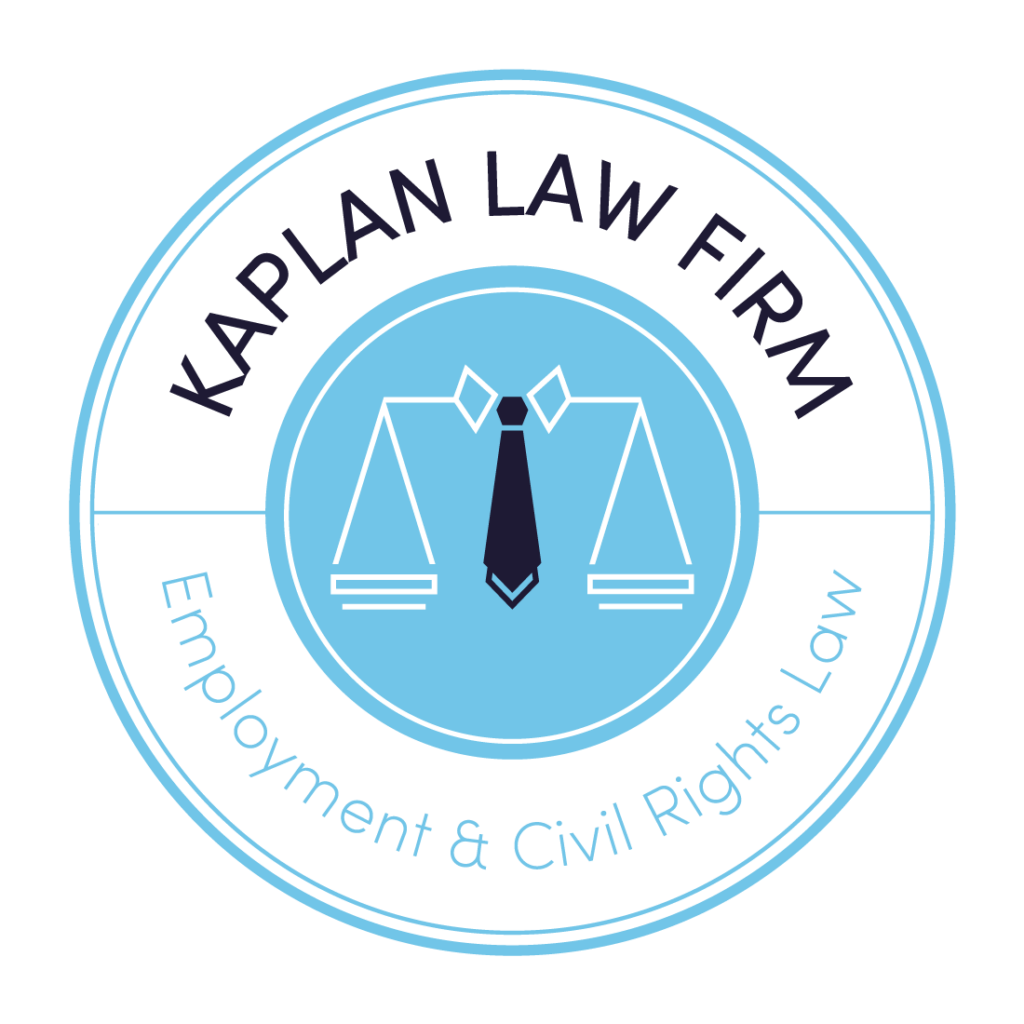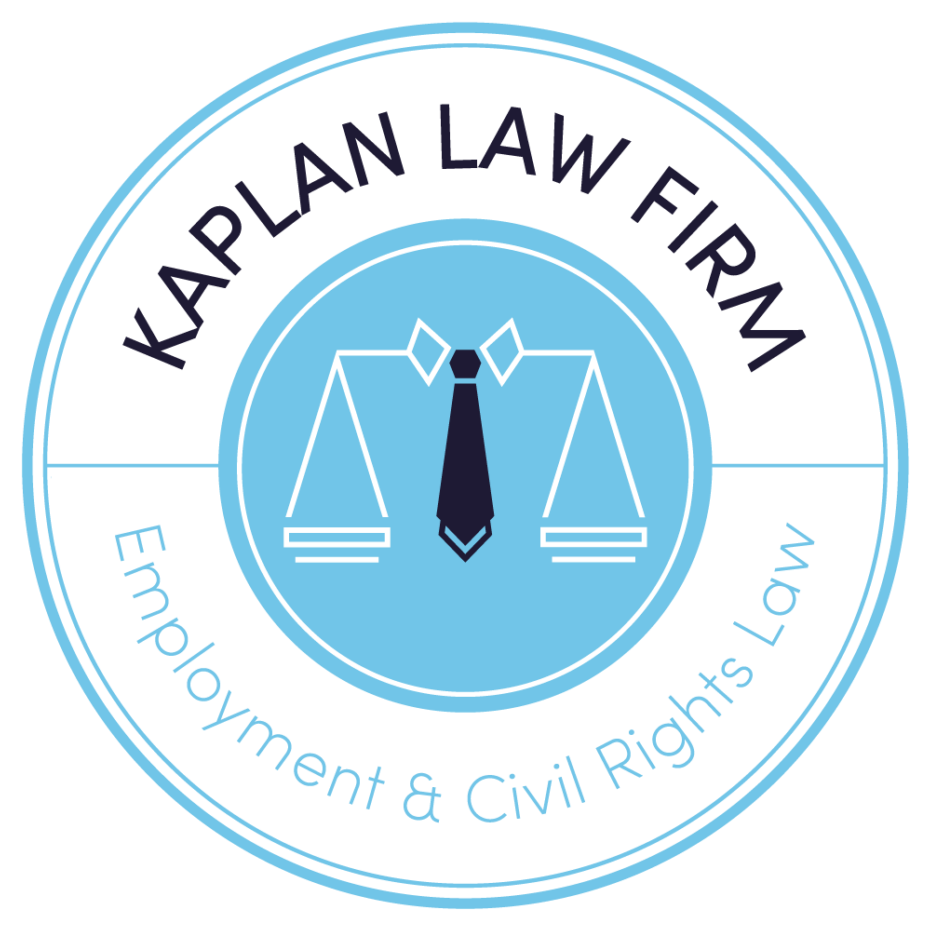What is a severance agreement?
The Texas Unemployment Compensation Act defines “severance pay” as “dismissal or separation income paid on termination of the employment in addition to the employee’s usual earnings from the employer at the time of termination.” A severance agreement is a contract that employers offer to employees to lay out the terms of the employee’s termination or departure and the severance payment.
Severance agreements are 100% negotiable. There are standard, boilerplate terms that lawyers tend to use in severance agreements and some terms are required by law to waive certain claims, such as the 21 day consideration period and 7 day revocation period needed for a valid waiver of most age discrimination claims. But ultimately, all terms are negotiable. And as an employee, you should negotiate your severance agreement.
The main benefit severance agreements provide to employees is additional compensation and benefits. In Texas, most employers are not required to provide severance packages for their employees, but many do provide them. Companies offer severance agreements for three reasons:
- To pay some additional amount of money to help ensure the goodwill of the company among departing employees;
- To get you, the employee, to waive all your claims against the company so you cannot sue the employer later for discrimination, harassment, retaliation, unpaid commissions, etc.; or
- a mixture of those.
Severance agreements are also usually offered in the event of a layoff.
If you are offered to sign a severance agreement at your job and you are unsure if you agree to the terms of the agreement, reach out for help to review the agreement. You should not sign and agree to anything unless you fully know what you’re agreeing to!
When are severance agreements used?
They can be used in situations like the following:
- Layoff
- Termination
- Retirement
- Resignation
Severance agreements can provide employees with some financial benefits, such as a lump sum payment, if they leave their current position. Severance packages can also include additional benefits like health insurance or COBRA reimbursement. There is not a specific value that a severance package must meet; it is up to the employer to determine the value. This could vary by employee as well based on their position, length of employment, and pay.
What is included in a severance agreement?
This can vary. Employers usually offer some amount of pay (sometimes expressed as a matter of weeks or months of pay) and non-financial benefits. However, there are often terms you need to fully understand hidden in the agreement, including:
- Release of claims
- Non-compete agreement
- Confidentiality agreement
- non-defamation clause
- clauses affecting IP rights
- clauses affecting stock or equity rights
- clauses where you agree to assist the company for free in the future
What is a release of claims?
Agreeing to a release of claims could potentially be dangerous for an employee. If the employee was wrongfully terminated for discriminatory matters, agreeing to a release of claims could mean the employee loses his or her right to sue the employer for those things forever.
This is something you definitely want to keep an eye out for before agreeing to severance. If you are unsure, contact an attorney and have them look over the agreement with you.
What is a non-compete agreement?
A non-compete agreement is something employers have employees sign in order to ensure that the employee does not go and work for a competitor once they leave their position. Non-competes can be very limiting to the employee. The non-compete could prevent the employee for working for competitors in the same field or in the same state for a period of time. It could also prevent the employee from working with clients from the previous position.
Non-competes can be very harmful to the employee. Texas law has an interesting way of treating non-competes jammed inside severance agreements. You will want to review yours with an attorney to determine whether it is enforceable under Texas law. This is ideally something you want to look out for and negotiate before signing a severance agreement.
What is a confidentiality agreement?
An employer can include a confidentiality agreement in severance to require the employee to maintain confidentiality involving workplace matters. This can limit the employee when it comes to their ability to file a lawsuit or even be able to obtain a meaningful job in the short term.
Agreements often have a benign-sounding clause regarding return or destruction of company property, documents, or material. Beware these clauses.
Before agreeing to a severance agreement with any of these additional agreements include, contact an Austin severance agreement lawyer to protect yourself from future employment problems.
My boss offered me a severance agreement last week, how long do I have to decide if I want to agree?
You usually have 21 days to consider the agreement and make a decision. Once that 21-day period is over, the severance agreement is usually void. Your employer would either have to offer you a new one or you will have to continue without one. But, as a practical matter, even the time-frame for signing a severance agreement is negotiable.
The timeline on severance agreements is always very short, so you should reach out to an Austin severance agreement lawyer to review it with you as soon as possible. Do not wait until the day or two before it is due to be signed – you can lose valuable leverage if you do!
I signed a severance agreement and now I am second-guessing my decision, can I nullify the agreement?
In Texas, normally you will have a seven-day revocation period, which means you have seven days from the day you signed the agreement to change your mind. Once that period passes, you are usually stuck in the agreement.
It is best to act fast on such a tight schedule. If you agree to severance and you are not sure you made the right decision, call an Austin severance agreement lawyer as soon as possible.
I am 54 and currently have an age discrimination claim against my employer. They recently offered me a severance agreement, do I have to drop my discrimination case?
The Older Workers Benefit Protection Act (OWBPA) and the Age Discrimination in Employment Act (ADEA) give extra protections to workers over the age of 40. Employers are required to tailor severance agreements to these employees.
The OWBPA requires employers follow a timeline to obtain a legitimate release of any age discrimination claims. The employee has 21 days to do so. Once offered a severance agreement, you have 21 days to consider if you want to drop the age discrimination claim and accept the severance. You should discuss the serious practical considerations of age discrimination with your attorney so you can make the decision that is best for you, your family, and your career.
Again, this is a tight timeline for such a big decision. Is it best to contact an Austin severance agreement lawyer as soon as possible to get started on the process. An attorney can help you figure out whether the severance is fair and reasonable, or whether it should be further negotiated.
Schedule Your Appointment
Effortlessly book, manage, & pay for your appointment with one of our attorneys using our secure online scheduler!

